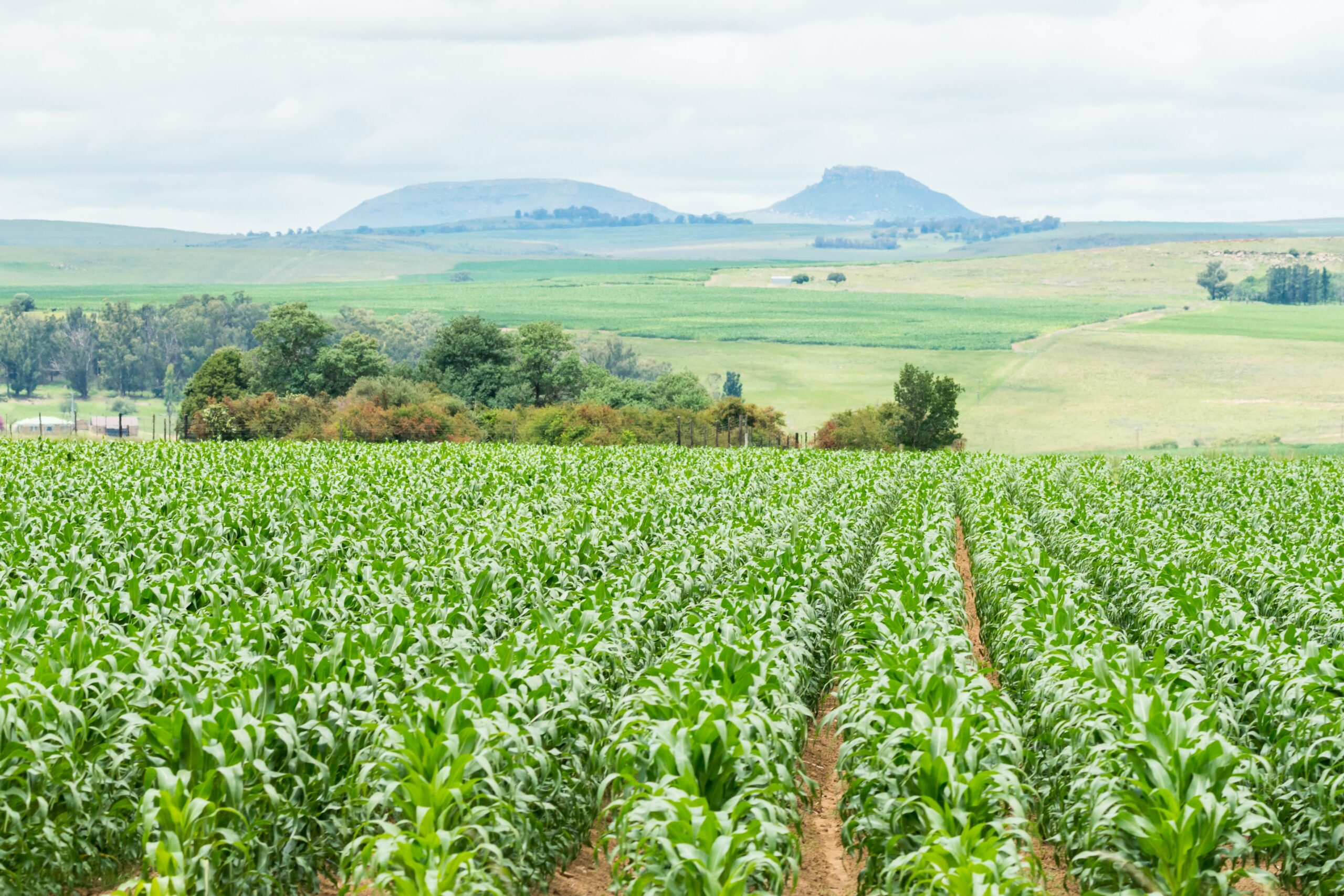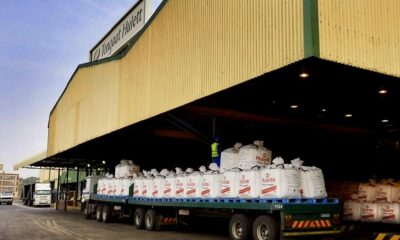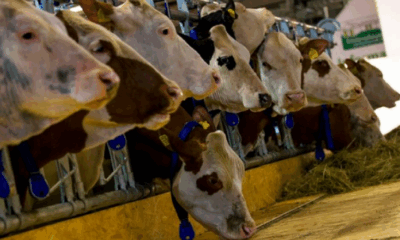Business
‘A Plan Without Farmers’: Outrage as Government Signs Agricultural Master Plan Behind Producers’ Backs

‘A Plan Without Farmers’
A growing storm is brewing in South Africa’s agricultural sector as farmers accuse the government of signing the Agricultural and Agro-processing Master Plan (AAMP) without their consultation or consent. What was meant to be a roadmap for inclusive growth and transformation in farming has instead ignited frustration, with producers calling it “a plan without farmers.”
At the heart of the outrage is a feeling of betrayal. The Southern African Agri Initiative (Saai) chair, Theo de Jager, said producers were deliberately excluded from the process and that none of the nine formal objections submitted by farming organizations were ever addressed.
“Their biggest frustration is that profitability, sustainability, and value-chain efficiency are nowhere meaningfully addressed,” de Jager said. “Transformation can never be more important than profitability or sustainability. When that happens, we end up with Eskom, the SABC, and Denel, all examples of ideology trumping practicality.”
Transformation vs Profitability: A Tired Tug of War
The AAMP was introduced as a collaboration between government, the private sector, and farmer groups to drive growth and inclusivity in agriculture. But according to De Jager, what should have been a unifying policy became a top-down exercise, repeating the same ideological mistakes that have haunted other state-led initiatives.
This week’s AAMP executive oversight meeting in Stellenbosch excluded all major stakeholders who had previously voiced criticism, including Saai, TLU-SA, and other farmer associations aligned with the DA in 2022. De Jager called the move “a deliberate snub,” saying even industries like wildlife ranching, which play a growing role in South Africa’s agri-economy, were sidelined.
Farmers Say Warnings Were Ignored
TLU-SA chair Bennie van Zyl described the process as “deeply political,” saying the Department of Agriculture appears to be prioritizing ideology over practical outcomes.
“Unfortunately, we live in a country where ideology plays a bigger role than the economy,” he said. “When the department itself admits that 95% of land transferred under transformation isn’t producing, then clearly something is wrong.”
Van Zyl revealed that farmers had already submitted detailed proposals as far back as 2008 on how new entrants could be supported sustainably, but these recommendations were ignored. Instead, the new plan, he said, reduces complex economic realities to a political slogan.
“We said: let’s define what transformation means in the context of the economy, not politics and then we’ll support it. But they circumvented that completely,” Van Zyl added.
‘All Promises, No Delivery’
For many farmers, the frustration runs deeper than policy wording it’s about years of unfulfilled promises. Free State cattle farmer Tewie Wessels said issues like foot-and-mouth disease and farm safety have lingered for years due to what he describes as “a lack of political will.”
“They could have resolved foot-and-mouth years ago if they really wanted to,” Wessels said. “It’s the same with safety, we get endless promises but nothing changes. So when they say they’ll implement this new plan, you can’t help but wonder if they even can.”
A Growing Divide in Rural South Africa
The clash over the AAMP has exposed a deepening divide between farmers and government. For many producers especially commercial and family-owned farms the signing of this master plan represents not collaboration, but centralized decision-making that ignores the realities on the ground.
Analysts say this could have ripple effects on food security, job creation, and investment confidence in the sector, especially as South Africa continues to battle drought, biosecurity threats, and high input costs.
Public reaction has been fierce on farming forums and social media, where users accused the government of “playing politics with the country’s food supply.” On X (formerly Twitter), one user wrote:
“When transformation means fewer farmers and less food, what exactly are we transforming?”
Where to From Here?
While the AAMP aims to build an inclusive and competitive agricultural sector, the current fallout highlights the urgent need for trust-building and genuine dialogue. Without buy-in from producers, the people who grow the food, even the best-laid policy can fail in practice.
As De Jager put it, “If you design a plan for farmers but without farmers, you might as well plant on concrete.”
{Source: The Citizen}
Follow Joburg ETC on Facebook, Twitter , TikTok and Instagram
For more News in Johannesburg, visit joburgetc.com


























